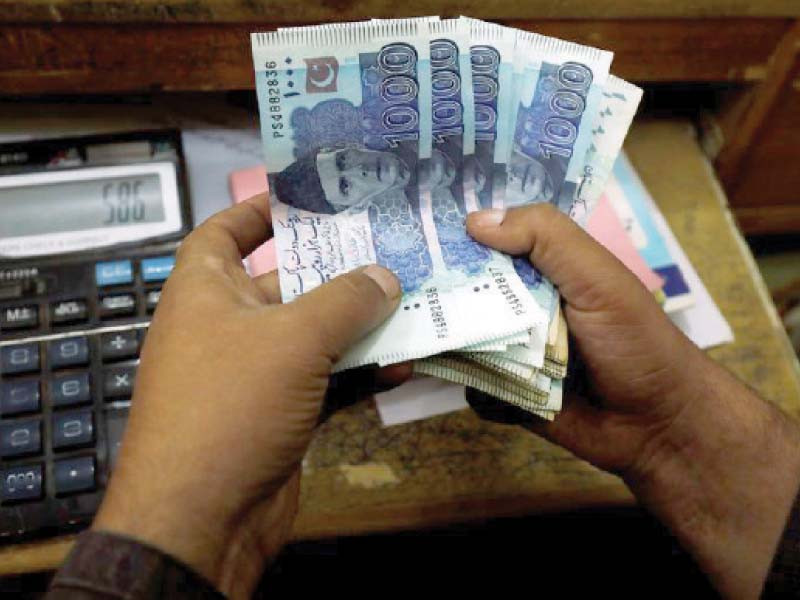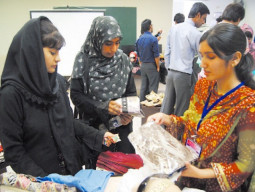
The business community has urged the government to develop a comprehensive economic plan as concerns grow over the potential stall of the International Monetary Fund (IMF) program. With the IMF programme’s future hanging in the balance, experts fear potential setbacks that could negatively impact the country’s financial stability and growth prospects.
Pakistan Business Forum (PBF), Vice President, Ahmad Jawad expressed doubts about the completion of the IMF program, stating that Pakistan is not even on the agenda for the upcoming executive board meeting on June 29. Jawad attributed geopolitical factors to the programme’s delay and raised concerns that Pakistan may be unable to fulfil its obligations by the programme’s June 30 deadline.
Highlighting Pakistan’s advantageous geographical location with neighbouring countries such as China, Iran, and India, Jawad emphasised the untapped potential for the nation to become one of the world’s richest countries.
Union of Small and Medium Enterprises (UNISAME) President, Zulfikar Thaver urged the government to foster strong relationships with countries that could provide assistance. Citing Japan as an example, he said that at the cost of its own industry, Pakistan patronised the automobile industries of Japan and now when the country needs help, Japan is nowhere to be seen.
Thaver stressed the need for sufficient foreign exchange for import bills to avoid hampering exports and industrial operations due to a shortage of raw materials. He highlighted the ripple effect caused by the scarcity of containers, leading to increased freight rates and overall costing, creating a challenging cycle.
Jawad warned that without swift financing support or alternative options, the situation could become perilous for a country with a population of 250 million people. Jahanara Wattoo, Vice President of the PBF, echoed these concerns, pointing out that global powers are exacerbating internal divisions within Pakistan for their advantage.
She suggested considering alternative solutions for the revival of the economy instead of relying solely on the IMF programme.
Thaver expanded on this view stating that IMF loans are relatively small compared to the significant inflow of home remittances. “The IMF loan is just $1 billion whereas the home remittances are $2.5 billion every month,” he said. He proposed a dollar voucher scheme to leverage remittances in the open market, reducing reliance on informal channels and ensuring beneficiaries benefit from the official exchange rate.
The PBF called on the government to open imports to support GDP growth, reinstate tax exemptions for five zero-rated sectors, and provide incentives for remittances from overseas Pakistanis. They also stressed the importance of a competitive energy tariff mechanism and targeted subsidies for export-oriented sectors.
Additionally, the PBF advocated for bridging the exchange rate gap between banking channels and open markets, protecting the assets of overseas Pakistanis, incentivising industrialisation and export substitution, and subsidising the agriculture sector to ensure food security. The need to review the oil facility and explore credit options for energy imports from sources other than Gulf countries was also highlighted.
Published in The Express Tribune, June 21st, 2023.
Like Business on Facebook, follow @TribuneBiz on Twitter to stay informed and join in the conversation.


















COMMENTS (5)
Comments are moderated and generally will be posted if they are on-topic and not abusive.
For more information, please see our Comments FAQ